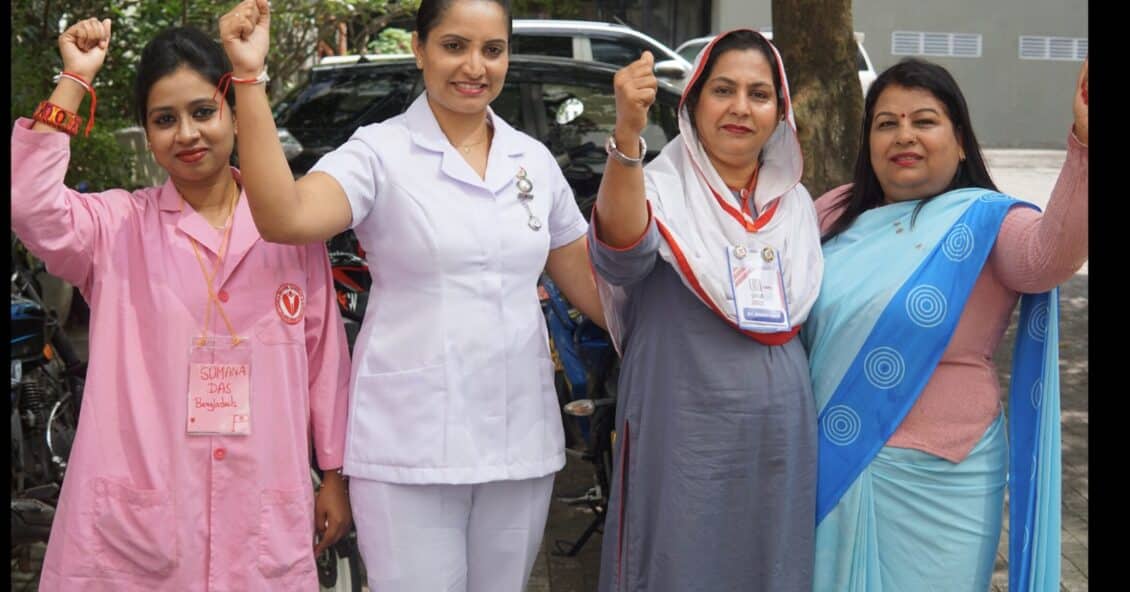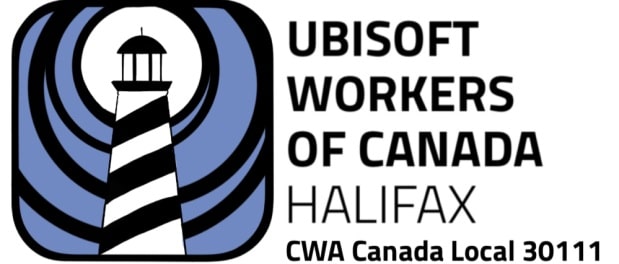UNI report demands formal jobs for care workers as ILO debates informality
28.05.25
A new report released today by UNI Global Union ahead of the ILO’s International Labour Conference (ILC) calls for urgent action to formalize the care sector and strengthen union organizing. With informality set to be a key issue at this year’s ILC, the report argues that only by securing workers’ rights and building collective power within the sector can countries meet rising care demands and deliver quality, dignified services for all.
The report, Accelerating Decent Work: Formalizing Home Care and Community Health Workers, draws on UNI’s data from over 8,700 workers responses. It also presents case studies from Brazil to Nepal to Washington State in the U.S., showing how union organizing is driving progress towards better protections and formal employment in the care sector.
“Formalizing the care sector is not only a matter of justice—it’s essential for building resilient, inclusive societies and delivering quality care. We can’t fix the global care crisis without improving care jobs, ” said Christy Hoffman, General Secretary of UNI Global Union.
The report exposes troubling realities: in Nepal, 100% of surveyed community health workers are still classified as unpaid volunteers; in Pakistan, workers reported harassment and threats while delivering services; and in Colombia, family caregivers often juggle multiple jobs without training, contracts, or benefits.
“We have become home care workers, cuidadoras, because of love, because of family, because of the high level of responsibility that we have towards the people that we take care of,” said María Elisa Alfaro, from the Colombian Red de Trabajadoras de Cuidados” We want the government, the states, and the public policy of our country to take this into account as an official job. We want to have the right to have a pension, health care, and care for us as caregivers–which we do not have.”
The report highlights several breakthroughs driven by union power:
- In Brazil, community health agents are fully formalized, salaried public employees thanks to decades of organizing.
- In Sri Lanka, midwives are recognized public servants with government-funded training.
- In the Philippines, the soon-to-be-signed Magna Carta for Barangay Health Workers—championed by the BHW Federation and UNI affiliates—promises regular pay, insurance, and training to nearly half a million workers.
- In Washington State, home care workers now benefit from healthcare, pensions, and paid leave thanks to SEIU 775.
- In the Dominican Republic, most home health workers lack contracts, training, and social protections, but unions like FENAMUTRA are pushing for change. A government initiative, “Familias de Cariño,” is helping formalize elder care by offering stipends to community caregivers, expanding from 50 to 290 participants by 2025.
UNI Global Union is urging governments to take responsibility for ensuring all publicly funded care workers are fully formalized and entitled to social protections. Examples from Sri Lanka, Brazil, and Washington State show that where there is political will, formalization is possible. Governments that currently rely on informal labour—through unpaid volunteer schemes, direct payments to families, or precarious contracts—must work with care worker unions to transition these roles into formal employment with proper training and professional standards. As new national care systems emerge, formality must be embedded from the start. UNI also called on international funding bodies to require full formalization and access to training as a condition for investment.
The report outlines key lessons for governments and unions alike: national regulation ensures uniform standards; sustained political engagement delivers reforms; and training and certification are key to professionalizing care work. The report Accelerating Decent Work: Formalizing Home Care and Community Health Workers was produced with the support of The Ford Foundation and The Care Fund.
“This report is a rallying cry,” Hoffman added. “Care workers are organizing and we know they can win. Now it’s time for governments and employers to step up.”


